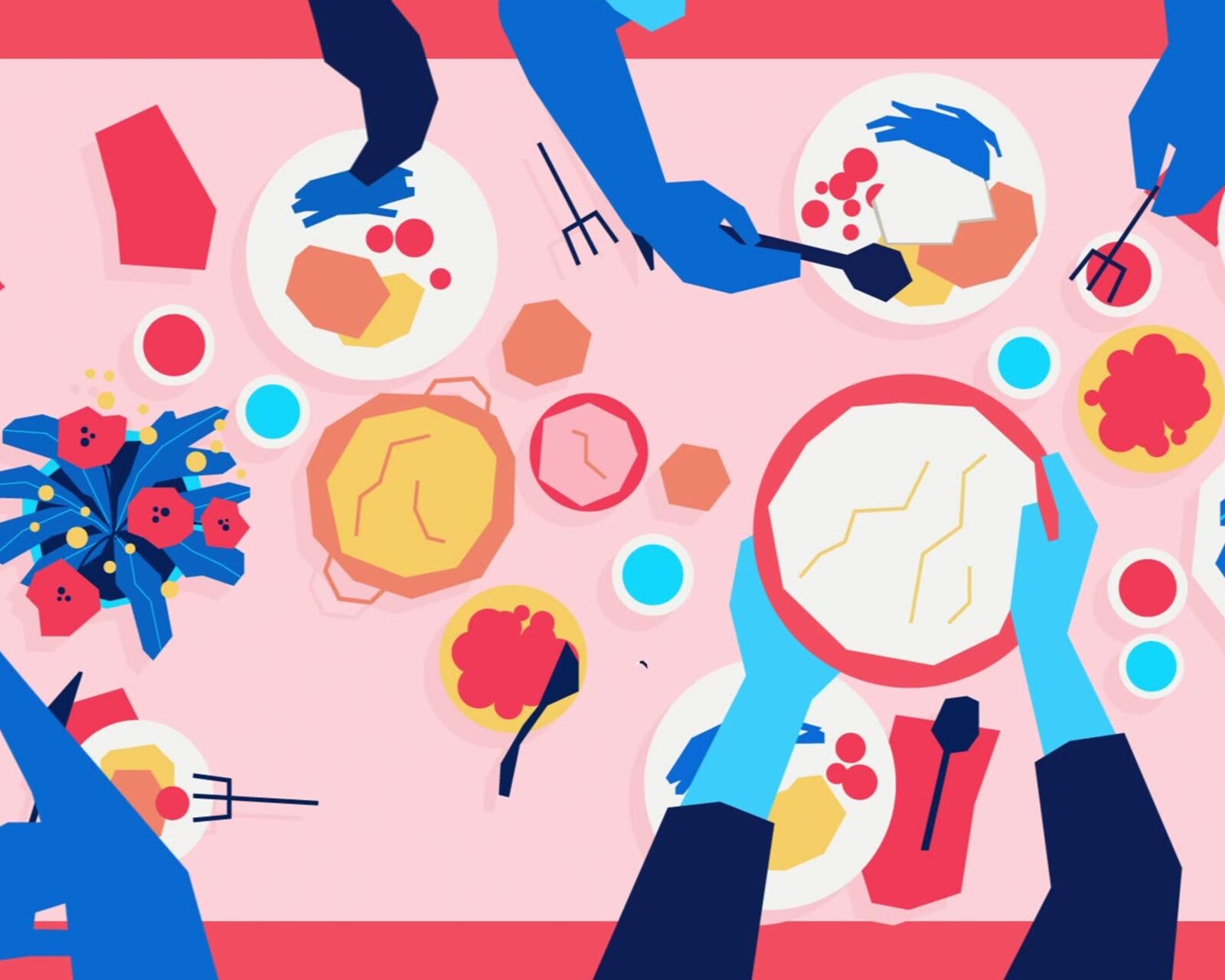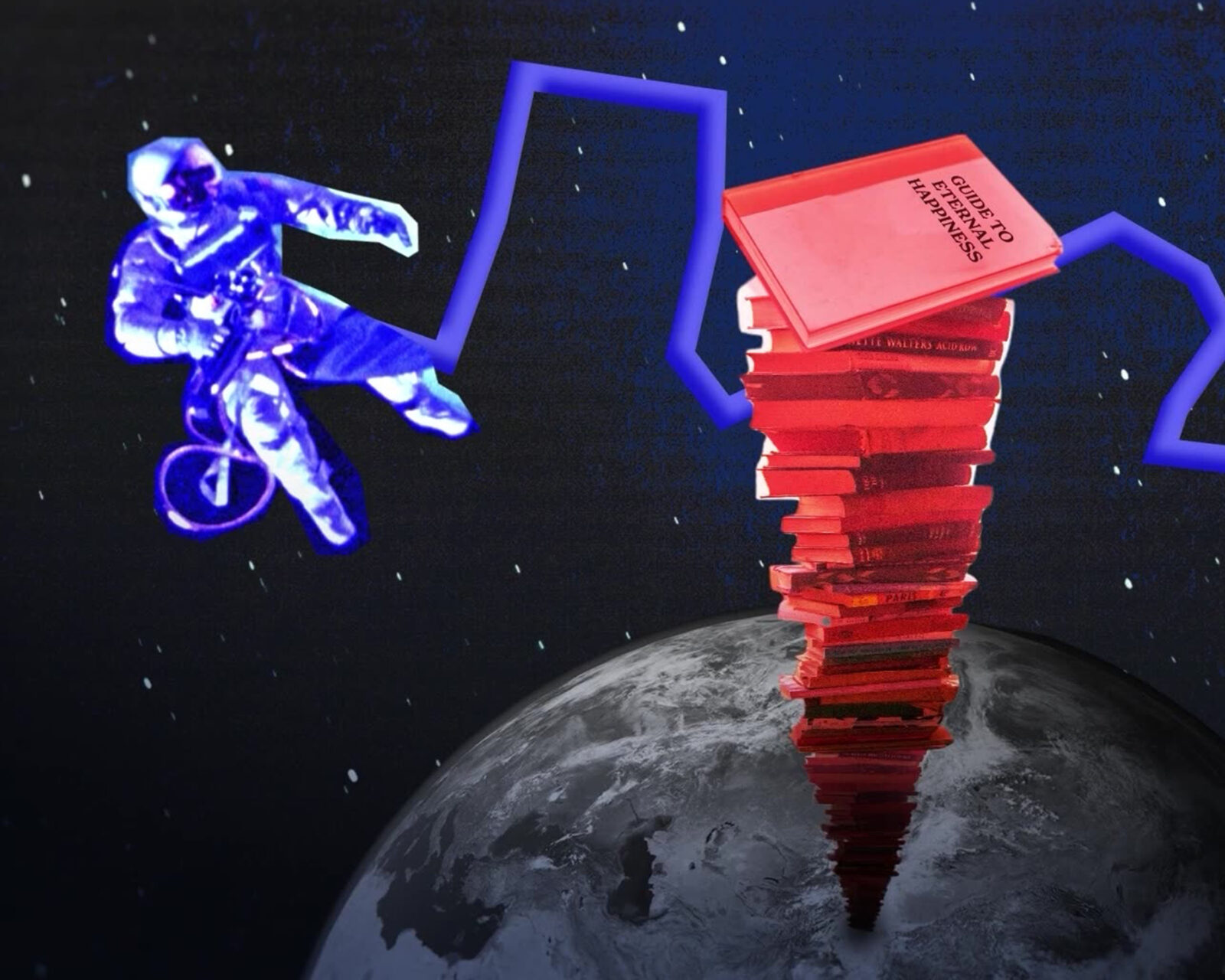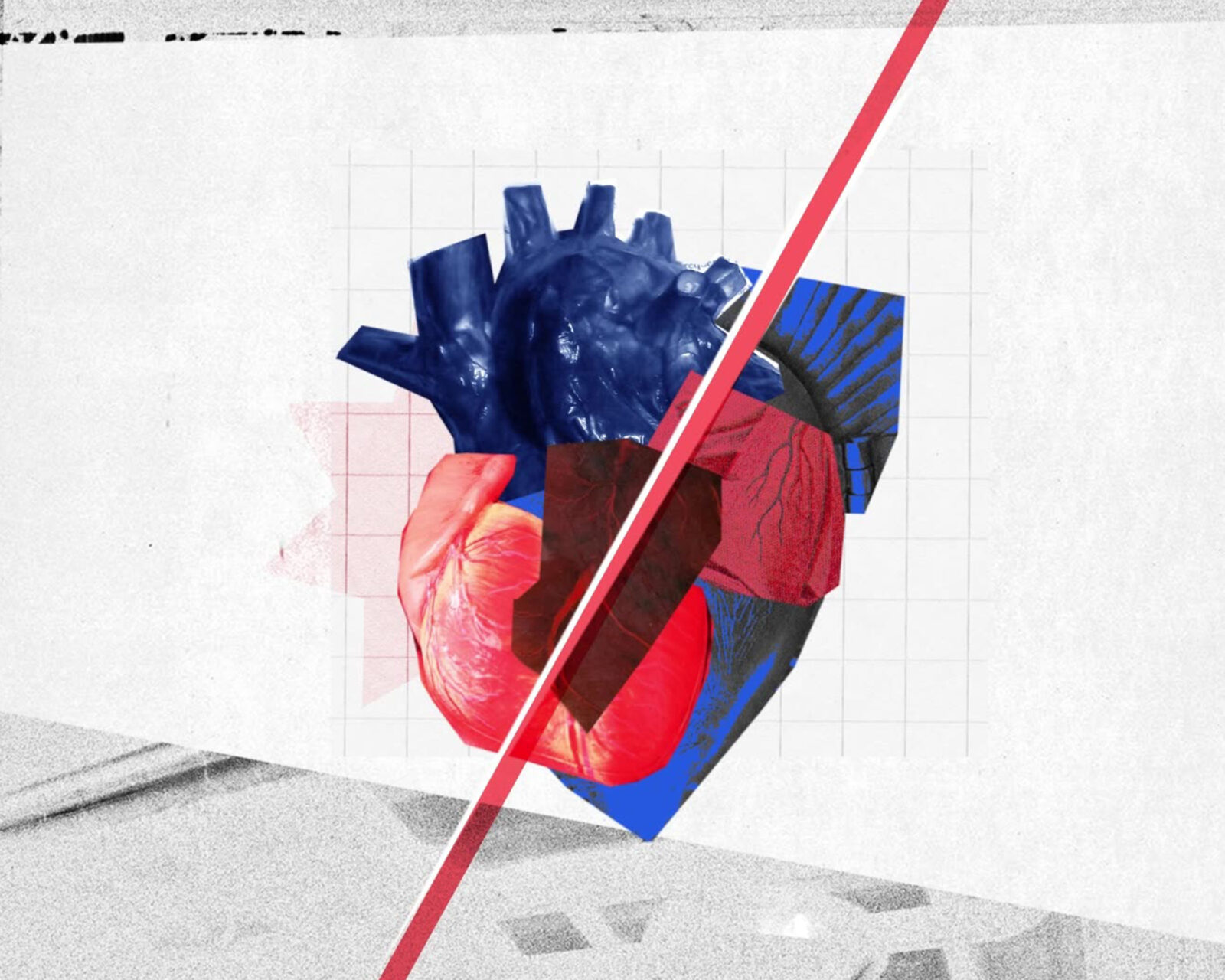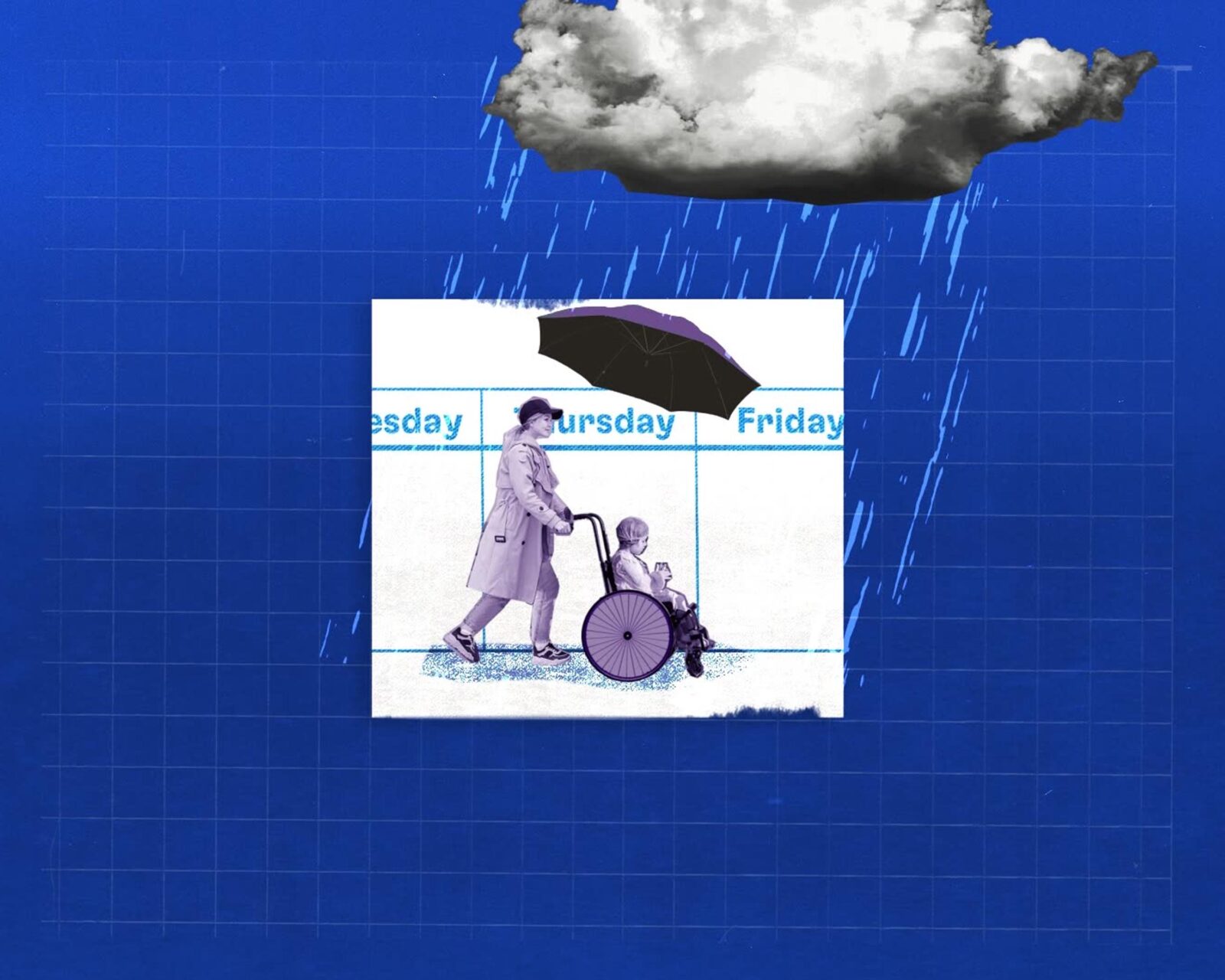Video Transcript
Do you ever feel controlled by your emotions? Maybe you’ve suddenly realized you’ve been doom scrolling on social media and then get up from the couch in a bad mood. Or maybe you got a message from your boss that said “can we talk Friday?” and for the rest of the week you’re riddled with anxiety and can’t focus on work.
It’s no secret that our emotions are being used to influence us on social media. Social media companies even have “mood tracking logs” and emotional data to calculate how to promote products to us in a way that trigger the highest emotional response.
Maybe it would be better to be more like Spock from Star Trek. Spock is half-human and half-Vulcan. The Vulcans are known for their lack of emotions and emphasize the virtues of being “logical” instead of emotional, having completely removed emotions from their daily lives.
But we’re not Vulcans.
Sometimes we trick ourselves into thinking we’re being logical when we’re really being emotional. Let’s say you let your friend borrow your video game for a day. Then, you start to feel jealous that your friend gets to play instead of you. And you try to rationalize, “Well, I want to play video games. Therefore, I should take my video game back from my friend.” You may try to use logic, but really, you are letting your emotions drive you to a decision that would be hurtful to your friend.
Some of the science behind how our brains work actually explains this. The amygdala is the brain structure that registers emotions, especially fear and anxiety. When triggered, our brain and bodies go into a fight, flight, or freeze response that produces hormones to prepare our body for impending danger. Imagine our ancestors trying to survive out in the wild. Suddenly there’s the sound of a bear off in the bushes. Your brain registers this familiar sound and prepares your body to fight or run. Hormones are produced that elevate your heart rate, prioritizing your body’s muscles and eyesight over digestion or long term biological processes. You need all your resources directed at either running or fighting for your life. The parts of your brain responsible for reason, thinking, planning, and decision making are overridden when this “amygdala hijack” occurs.
Today, we rarely find ourselves in a situation where we need to fight a bear. But sometimes our bodies interpret something like a message from our boss or a terse comment from our spouse as being just as dangerous as a bear in the bushes. When we’re in this “amygdala hijack” it is much more difficult for us to think rationally. We react much more emotionally in these situations because our entire nervous system is on high alert. We need to try to calm ourselves down so that our brain’s frontal lobes, the part of our brain’s cerebral cortex that regulates voluntary actions like thinking and reasoning, can take over.
As human persons we have these two strong powers: the power to think and the power to feel. But this brings up a third very strong component of the human person: our free will. We can think and feel, but ultimately, we are the ones making the decision. Surely our reason can be faulty or we can wrongly talk ourselves into decisions. And we can also be overwhelmed by our emotions to the point of being swayed by them completely.
But we still all have to deal with the responsibility we have for our actions. Interestingly, even though the question of whether or not we have free will has been debated for hundreds of years, we all have an experience of free will and thus feel the responsibility that comes with free will. As humans, we think, feel, and decide to act. So the big questions we’re left with are: How do we integrate our reason and our emotions so they don’t mislead us? And if we’re able to achieve this self-mastery, what will we use our freedom for?




